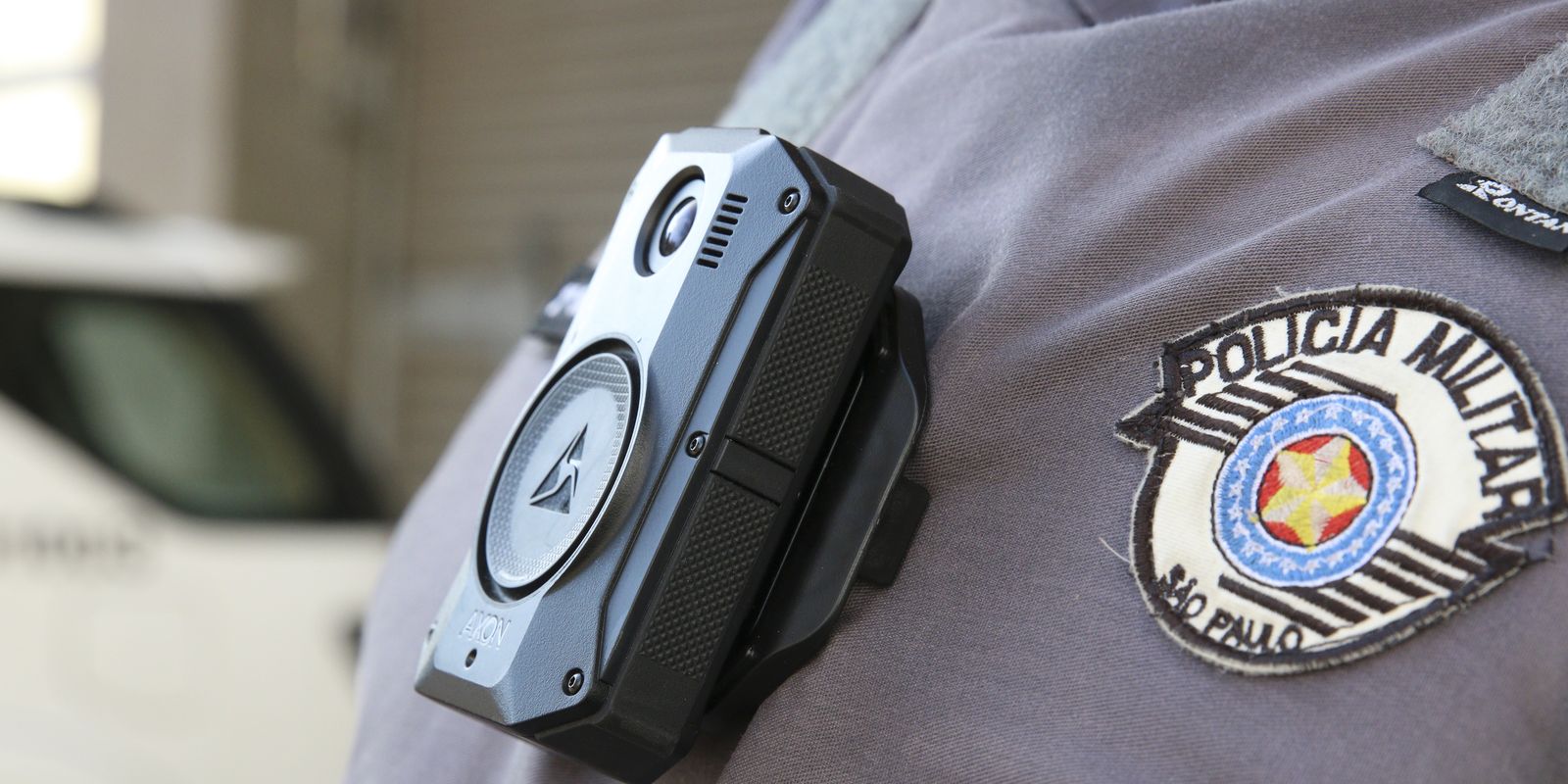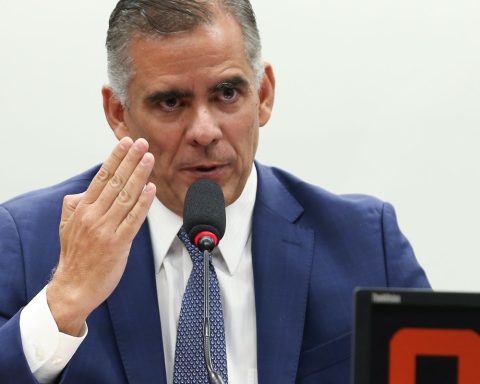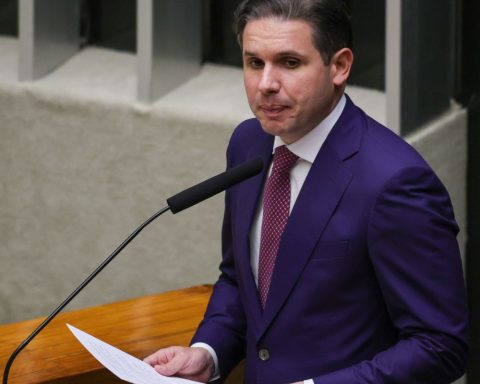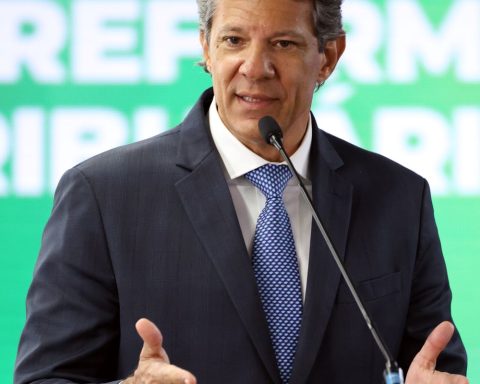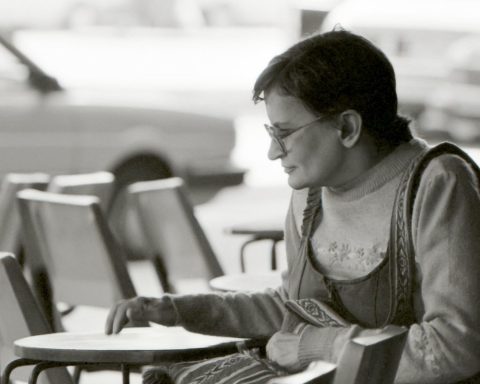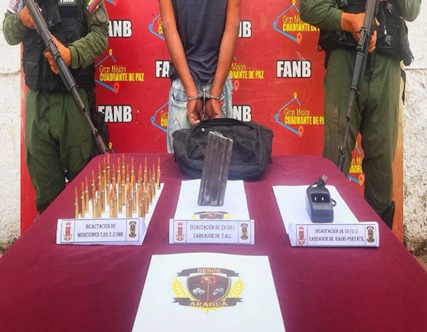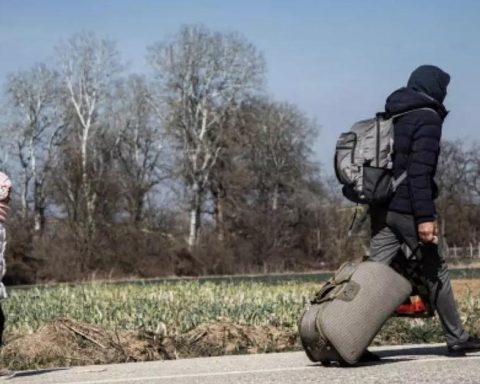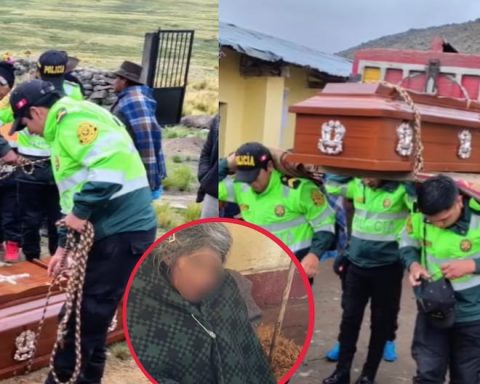The president of the Federal Supreme Court (STF), minister Luís Roberto Barroso, defined this Thursday (26) the rules for the mandatory use of body cameras by military police officers in São Paulo. According to the decision, agents must use the equipment in “large-scale operations”, incursions into vulnerable communities and in operations launched to respond to attacks against police officers.
The minister’s decision was made after the São Paulo government requested the Supreme Court that the cameras be used only in large operations. According to the PM, the corporation has 10,000 pieces of equipment, but around 80,000 police officers are part of the force.
In a letter sent on Wednesday (19) to the Supreme Court, the Attorney General of the State of São Paulo claimed that the minister created a broad interpretation when determining the use of cameras in police operations, on the 9th of this month. The prosecutor’s office maintains that not all operations pose a risk of confrontation.
In the decision, Barroso decided to limit his previous decision that determined the use of cameras.
“I delimit the mandatory use of cameras in large-scale police-military operations, as well as operations that include incursions into vulnerable communities to restore public order or are launched to respond to attacks carried out against military police officers, as long as they are carried out in regions where there is availability of equipment”, decided the minister.
The president’s decision also determines that the cameras must be distributed strategically to regions with a higher rate of police fatality. The state of São Paulo was also required to present a monthly report to prove compliance with the measures.
History
The government of São Paulo committed to the STF, in April this year, to use body cameras in police operations in the state and presented a schedule that established the implementation of the system. The state planned a new tender and acquisition of new equipment.
In September, the government announced the signing of a contract with the company Motorola for the purchase of 12,000 body cameras. The purchase was criticizedhowever, because it foresees changes in the way the equipment is activated.
According to the rules of the notice, the recording equipment could be activated by the police officer himself or by a police operations center. This way, recording could be interrupted during operations.
The model provided for in the contract does not record uninterruptedly, that is, the police officer, or the corporation, will activate the equipment whenever they wish, a point criticized by human rights entities. According to the Public Security Secretariat (SSP), this is compensated by other features, such as automatic activation, via software, remotely by the PM Operations Center (Copom) and manual activation by the police officer himself.
Months earlier, in May, the São Paulo Public Defender’s Office and human rights entities asked the STF for changes to the purchase notice.
The following month, Barroso rejected the request, but decided that the São Paulo government should follow the parameters of the Ministry of Justice and Public Security in the bidding to purchase body cameras.
The Public Defender’s Office then asked Barroso to reconsider the decision.
The measure that forced the unrestricted use of cameras was handed down by Barroso on December 9th.
